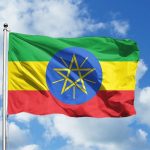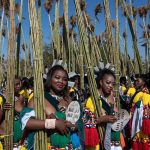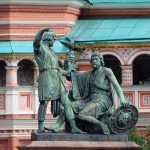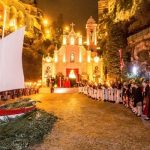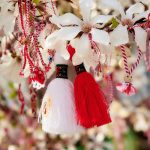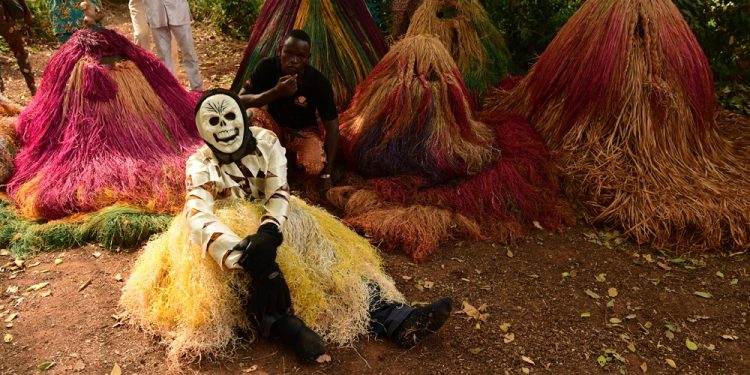
Vodoun Festival
Observed annually on January 10th, the Vodoun Festival is a holiday observed in the African country of Benin. Also known as Fête du Vaudou or the Voodoo Festival, this day celebrates traditional African religions and is visited by people from all over the world every year.
It is a day filled with dancing, singing, the drinking of gin, and reverence paid to one of the 300 gods found in the country’s pantheon. In 1996, Vodoun was declared an official religion in Benin, and the festival has attracted not only devotees from around the world but tourists as well.
The History of the Vodoun Festival
The first official Voodoo Festival to be held in Benin was sanctioned by President Nicéphore Dieudonné Soglo in 1993. The purpose of this festival was to rehabilitate the cultures and traditions of the traditional religion of voodoo.
He also wanted to celebrate the value of the traditional religions that form the backbone of African spirituality and reclaim it for Africans all over the world. On January 10, 1998, this holiday became an official holiday in Benin.
Interesting Facts About Benin
Below are just a few of the facts that we’ve learned about Benin. Let’s dig into them below.
- Originally, Benin was known as Dahomey. It did not receive the name Benin until 1975.
- Porto-Novo is the capital city of Benin.
- Porto-Novo was developed in the 16th century to advance the slave trade.
- The country’s fertility rate is an average of five children per woman.
Observing the Vodoun Festival
People from all over Africa and the world gather in the town of Ouidah in Benin to take part in the voodoo festival and to be blessed by the Roi—or the voodoo leader.
Participants also take part in a ceremony that includes sharing glasses of gin, music, dancing, and animal sacrifices. It is a festival that mixes music, color, pageantry, and religion in a combination that many people find exhilarating.

